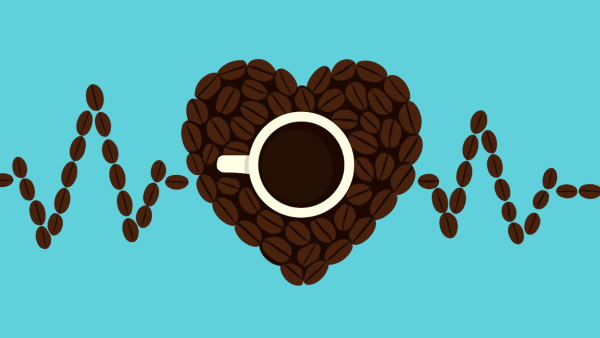
Topic
Stroke and Cerebrovascular Disease
-

-
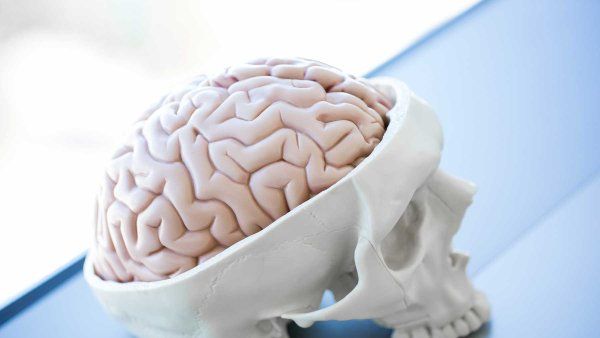
- Research
-
Meet the Little Brain Region that Helps You Say What’s on Your Mind
-

- Patient Care
-
Lo-Res to Hi-Res, A Better way to Pinpoint Where Seizures Begin
-
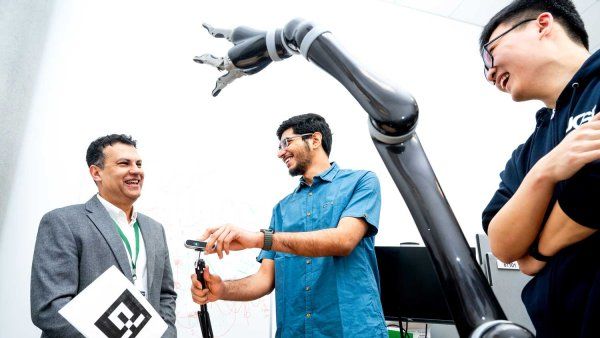
- Research
-
How a Paralyzed Man Moved a Robotic Arm with His Thoughts
-
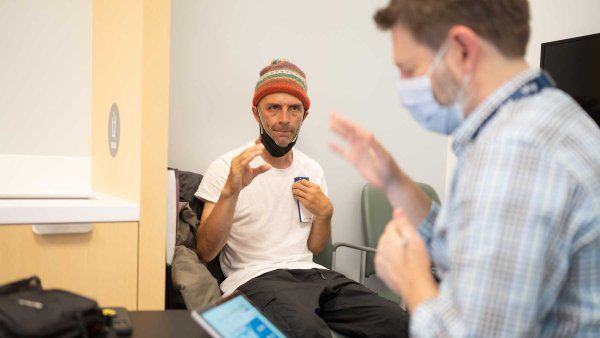
- Research
-
This New Treatment Can Adjust to Parkinson’s Symptoms in Real Time
-

- Research
-
International Stroke Conference Features UCSF Experts
-

- Research
-
How a UCSF Scientist Helped Ban a Chemical Connected to Parkinson’s
-
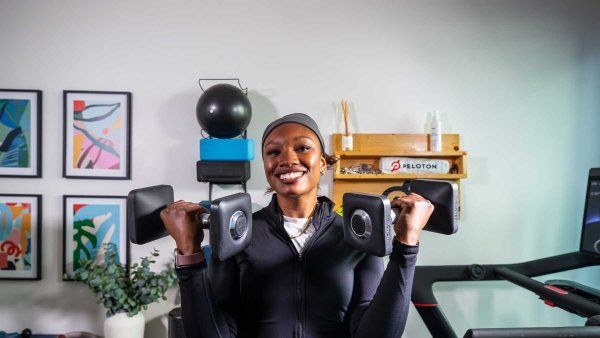
- Patient Care
-
I’m a Stroke Doctor. Here’s How I Reduce My Own Risk
-
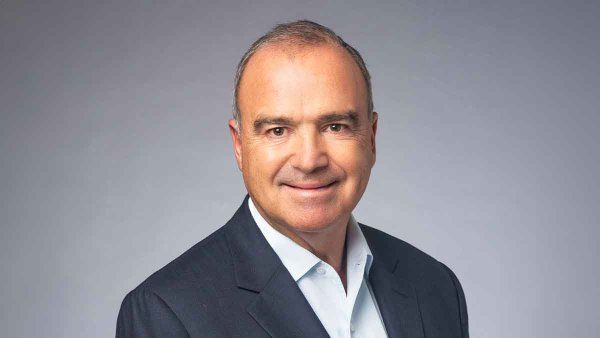
- Campus News
-
Grateful Son JP Conte Fuels Research into Parkinson’s Disease and other Brain Disorders